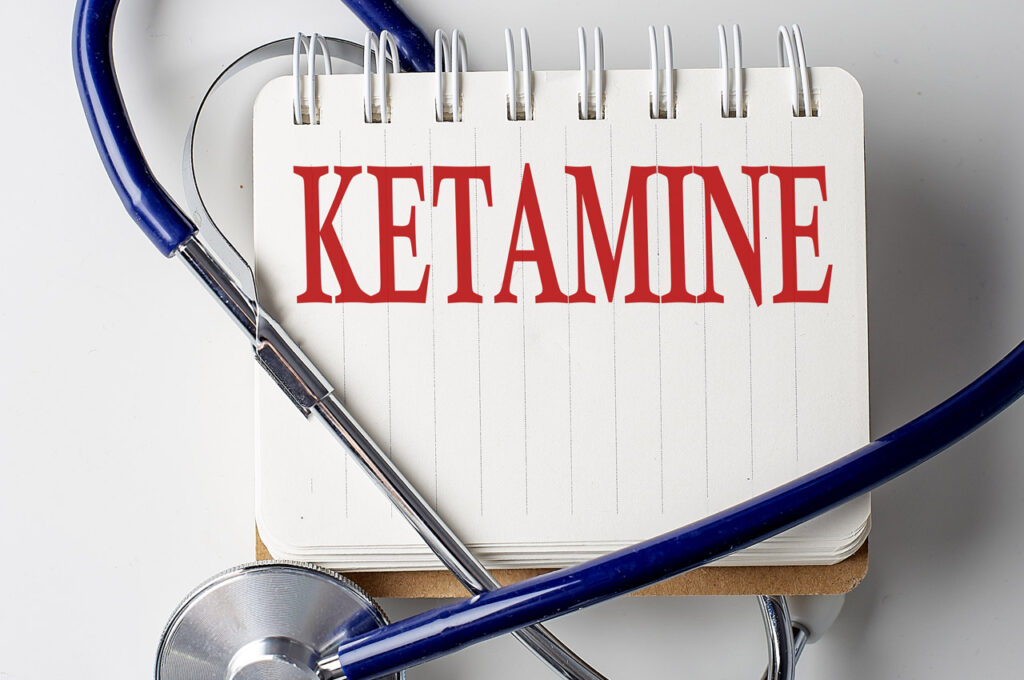Ketamine Therapy
Ketamine therapy is an emerging treatment that has gained attention for its potential to address mental health conditions, particularly depression, anxiety, and post-traumatic stress disorder (PTSD). Originally developed as an anesthetic in the 1960s, ketamine is now being repurposed in lower doses as a mental health treatment, often when traditional medications have failed. Unlike conventional antidepressants, which can take weeks to show effects, ketamine has demonstrated the ability to alleviate depressive symptoms rapidly, sometimes within hours. This quick response is especially valuable for individuals with treatment-resistant depression or those in acute crisis.

History
Ketamine was first synthesized in 1962 by American scientist Calvin Stevens while searching for a safer alternative to phencyclidine (PCP), a powerful anesthetic with severe side effects. PCP caused intense hallucinations and dissociation in patients, leading to the need for a more tolerable anesthetic. Ketamine, developed from this research, proved to be much safer, with fewer and shorter-lasting side effects. It was quickly recognized for its potential and approved for medical use by the FDA in 1970. Initially, ketamine was used primarily as an anesthetic in surgeries, particularly in military settings during the Vietnam War, where it became a critical battlefield anesthetic due to its ability to provide pain relief without depressing breathing or blood pressure.

Though highly effective as an anesthetic, ketamine’s psychoactive properties, including dissociation and hallucinations, led to its recreational use starting in the 1970s. This led to ketamine gaining popularity as a club drug, known by street names like “Special K.” Despite its misuse in recreational contexts, the medical field continued to explore ketamine’s unique properties, particularly its impact on the brain’s NMDA receptors.
How it works
Ketamine affects the brain differently from traditional antidepressants, which is why it’s being explored as a treatment for depression. It primarily works by interacting with a brain chemical called glutamate, which plays a key role in how brain cells communicate, form memories, and learn. Ketamine blocks a specific receptor called the NMDA receptor, which is involved in this glutamate process. By doing so, it triggers a series of reactions that increase the activity of another receptor called AMPA. This increased AMPA activity helps the brain become more flexible by strengthening and creating new connections between brain cells.

Ketamine works by interacting with the brain’s glutamate system, specifically targeting NMDA receptors. This action is thought to promote neuroplasticity. This process is important because in people with depression or chronic stress, these brain connections can weaken or break down over time, making it harder to recover from negative emotional states. Ketamine helps rebuild these connections, potentially reversing some of the damage caused by long-term mental health conditions.

Ketamine therapy is usually administered in a clinical setting, either through intravenous (IV) infusions, intranasal spray (esketamine), or lozenges under medical supervision. During the treatment, patients may experience dissociative effects, such as feeling detached from their body or environment, but these effects are temporary and closely monitored by healthcare professionals.
Research into ketamine’s effectiveness is ongoing, but early results are promising. Studies suggest that ketamine therapy not only reduces symptoms of depression but may also have long-lasting effects when combined with psychotherapy or other treatments. However, ketamine is not without risks, as it can be addictive or lead to substance misuse when used recreationally. Therefore, it’s essential that ketamine therapy be administered in a controlled, therapeutic setting. As the field continues to evolve, ketamine is becoming an important option in the toolbox for treating difficult-to-manage mental health conditions.
I am offering Ketamine Assisted Psychotherapy (KAP) in cooperation with Journey Clinical. For more information on this new holistic modality:
If you would like to explore the possibility of working with me on KAP, please e-mail me or call me to discuss eligibility and next steps.

